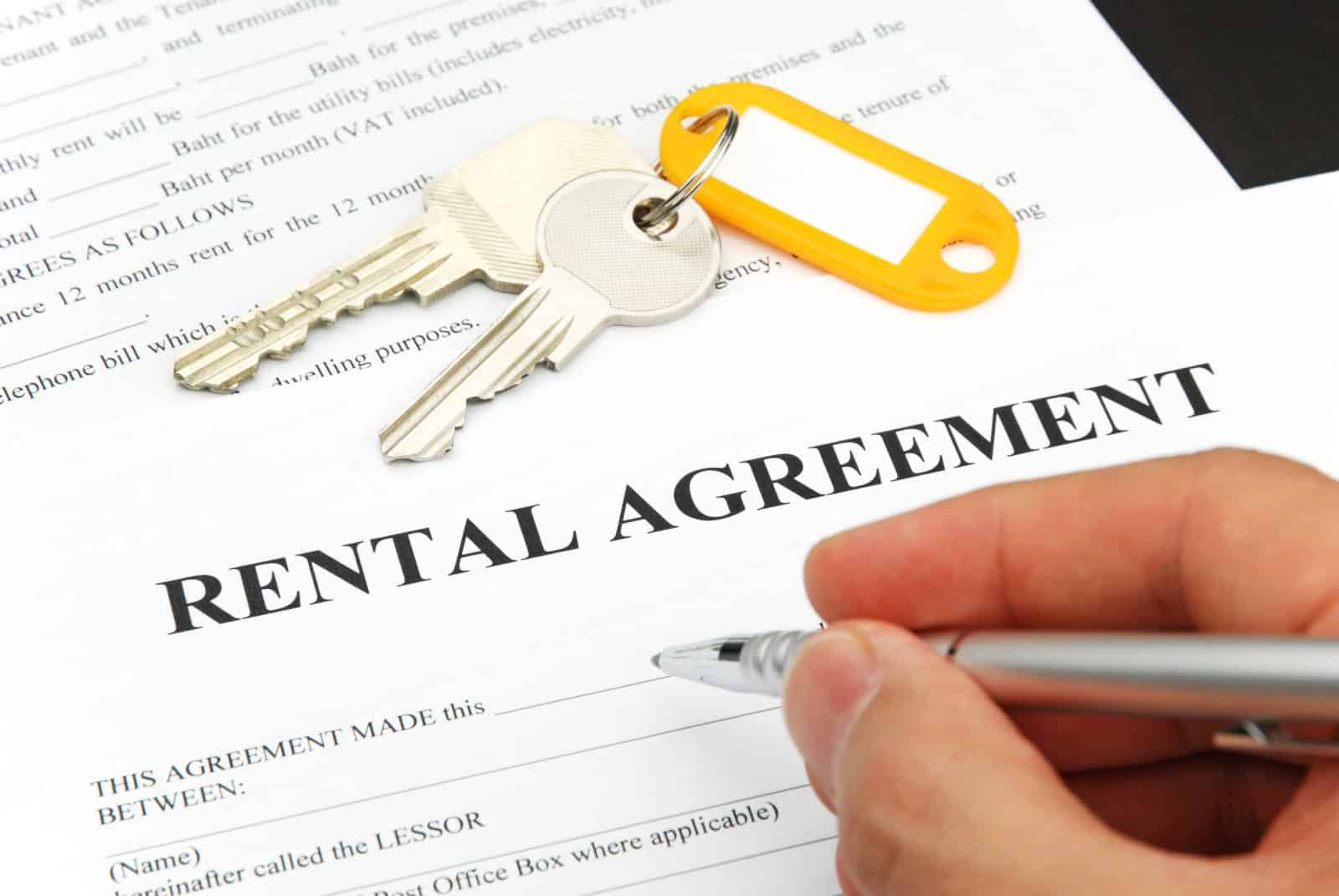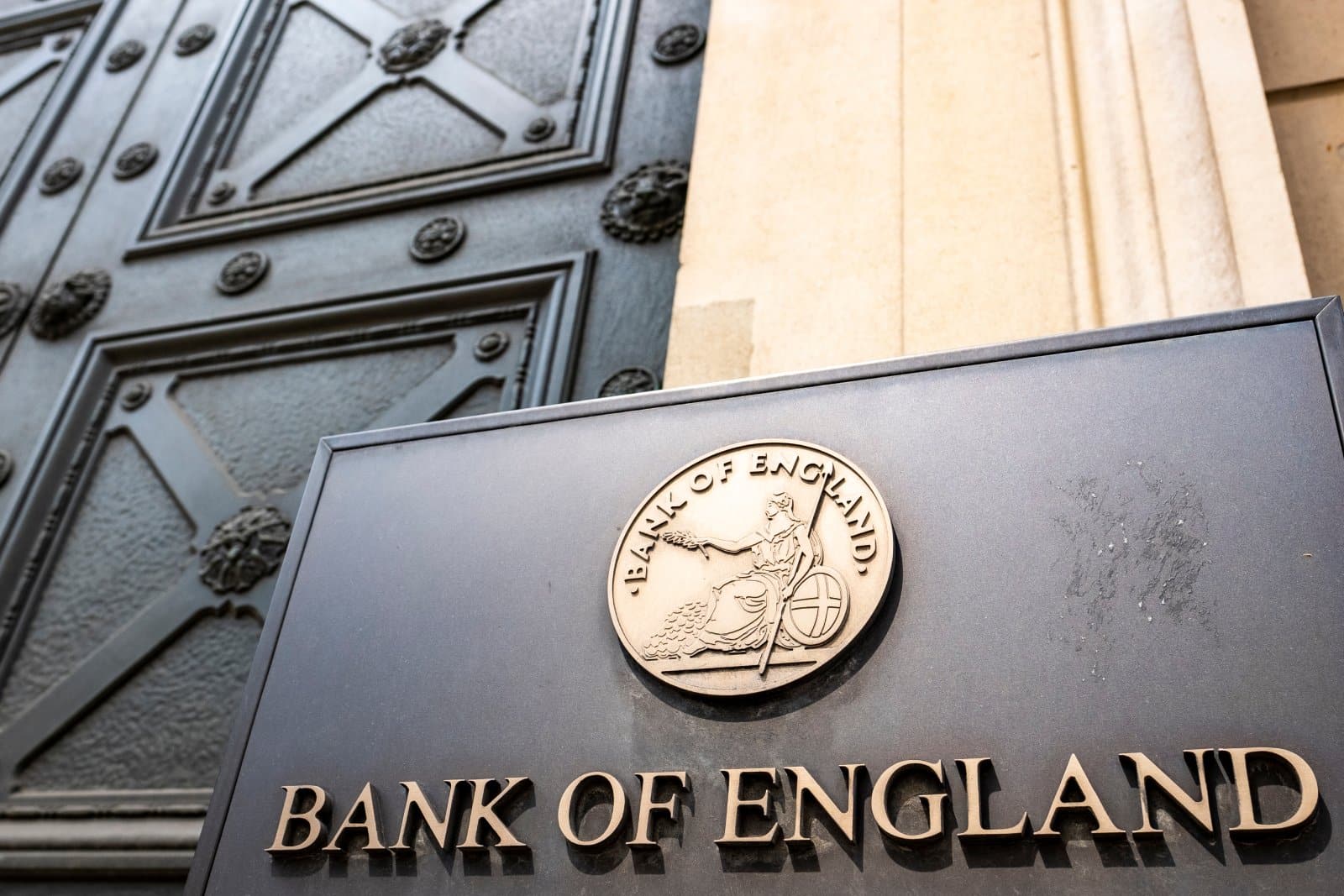Rising borrowing costs and high inflation blamed for expected rent rise according to a leading think tank. Predictions from the Resolution Foundation say that there are ‘significant housing cost rises yet to come’.
Borrowing Costs Highest in Almost Two Decades

Following the interest spike caused by the disastrous Truss and Kwarteng budget, anyone with a mortgage has faced a potentially significant increase in their monthly repayments.
Borrowing Costs Making Way to Rental Market

Figures are showing that the average rental increase has shot up. The average UK rental price is 22% higher now than it was in January 2022.
Landlords Accused of Greed

Social media commentary suggests that renters feel landlords are taking advantage, using rising borrowing costs to justify a disproportionate increase in rents.
Borrowing Prices Levelling

The Bank of England Base Rate has stayed static since August 2023. Mortgage rates peaked at the end of 2022, and have had a slow decline since.
Rents Remain Stubbornly High

Even though borrowing costs have begun to creep downwards, with further falls expected, the concern is the rent hikes are ‘priced in’ and are likely to stay high for at least the medium term.
Resolution Foundation Says Renters Likely to Be Hit for Some Time Yet

The Resolution Foundation say, “New renters will pay these new higher rents, while existing tenants reaching the end of a tenancy or forced to accept within-tenancy price rises, will in future face large rent hikes”
Increase in Costs Out-Stripping Increase in Earnings

According to Office of National Statistics Data, the annual growth in employees’ average total earnings (including bonuses) was 5.8% in October to December 2023. This is far outstripped by the 22% hike in rents.
Data Shows Near-Record Number of Private Renters

According to Statista, there are 4.6 million private renters in the UK. This is almost a record high, and more than double the figure in 2000.
House Price Growth Outstripping Wage Growth

The average UK house price has gone from less than £155,000 in 2009, to £282,000 in January 2024. This represents an 82% increase, whereas wages have increased by 26.3%.
Asset Prices Forcing More People to Rent

To many, this increase in house price is unaffordable, which forces more people into private renting. As a private tenant, you are more vulnerable to increased housing prices. Decisions are made by a landlord, not a bank or building society.
Rental Market Data Shows Rent Disparity

Figures obtained by property market sites show that average rents in London have now reached over £2100 per month – £130 per month higher than last year. The north west average is £847, The east is £1162 and the north east £695.
Many Yet to Experience Price Hikes

One of the worries is that many renters were tied into long term rents, and have yet to experience price hikes. When they need to renegotiate tenancy agreements, many people will see their prices rise.
Economist Highlights Concerns for Renters

Senior economist at the Resolution Foundation Cara Pacitti said: “Millions of families agreeing new tenancies across Britain have faced surging rents in recent years, as we have emerged from the pandemic. Those rises for new tenancies are starting to slow, but how much renters actually pay will continue to outgrow how much they earn for some years to come as those not yet exposed to higher prices are hit.”
Concerns Echoed by Campaigners

Chief executive of campaign group Generation Rent Ben Twomey said: “Renters have nowhere to hide from the housing crisis. It doesn’t matter what you’re earning: if your landlord thinks someone else would pay higher rent, then they can demand more of you, and threaten you with eviction if you push back.
Government Defending Their Actions

A government spokesman said: “Our Renters (Reform) Bill will give people more security in their homes and empower them to challenge poor practices. Through our long-term plan for housing, we are investing £11.5 billion in the Affordable Homes Programme and remain on track to build one million over this Parliament.”
Help With Rising Costs of Bills

The statement continued: “We are supporting people with rising costs with £108 billion to help with bills – an average of £3,800 per household, and we have increased the Local Housing Allowance rate so private renters on housing benefit or universal credit are on average nearly £800 a year better off.”
Many Banks Ignore Rents for Credit Scoring

Another issue is that historically, a history of paying private rent hasn’t aided your credit score. This left people in a position where they didn’t have a good credit rating, despite having no debt and good savings.
Structural Issues in Housing Market Not Addressed

Fundamentally, the problem lies in the supply and demand of UK housing stock. We simply don’t have enough housing available, and that pushes up prices.
Generation of Renters Stuck

As rental and other costs increase, renters are struggling to save enough for a house deposit, keeping them trapped in a rental market they’d rather be out of. Until this issue is seriously addressed by the government of the day, the housing market will always favour the landlords.
The post Rent Hikes: Forecast Predicts 13% Increase Across UK Over Three Years first appeared on Swift Feed.
Featured Image Credit: Shutterstock / Artie Medvedev.

